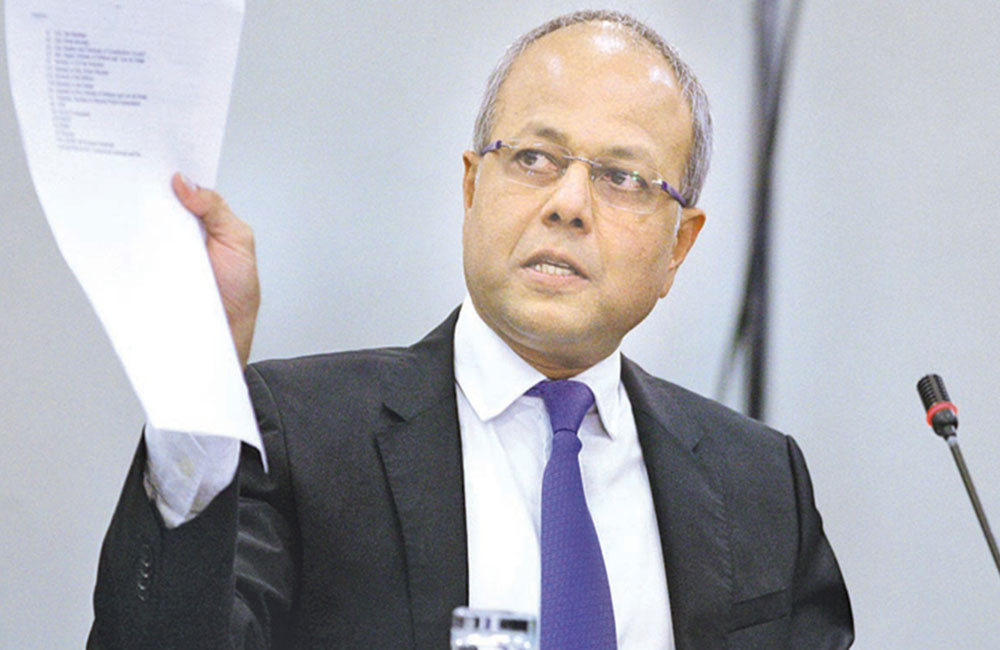The State Intelligence Service (SIS) during the period of November 2015 and February 2018 had given 13 intelligence reports on the Islamic State (IS) organization to then Law and Order Minister Sagala Ratnayake including reports on the National Thowheed Jamaath (NTJ).
This fact was revealed when Ratnayake testified before the Parliamentary Select Committee (PSC) probing the Easter Sunday attacks yesterday (6).
Ratnayake has told the Committee that he had received 13 intelligence reports on the IS organization including one on the NTJ, which was responsible for the Easter Sunday attacks.
He has further stated that the then Defence Secretary had also provided him with a report based on a question raised by him regarding the organisation.
However, Ratnayake has refused to submit the SIS’s information received by him to the PSC saying it could impede their activities. The Minister has instead read out some excerpts and the titles of the content.
He has explained that one of the reports was regarding Indian nationals suspected to be linked to IS staying in Sri Lanka while some information was not related to Sri Lanka.
According to Ratnayake, one of the reports was titled “National Thowheed Jama'ath making declarations accepting ISIS ideology” and was received by him on 11-02-2016. The report had contained information about the NTJ posting on websites that the ideology of ISIS is correct.
“This is the first report I received that contained the name of Zahran,” Ratnayake has said. The NTJ leader is suspected of masterminding the April 21 attacks.
Ratnayake has further stated that he had also received a “concept paper on countering potential threats of ISIS” on August 16, 2016 signed by the then Defence Secretary Karusena Hettiarachchi.
He has further stated that he held a meeting with the Defence Secretary and other heads of security as well as intelligence chiefs on the matter.
“I said the ISIS terrorist threat is everywhere in the world now and that we have to have some preparation regarding that,” he has stated.
Ratnayake has added that in February 2017 a special unit within the Terrorism Investigations Division (TID) was formed to deal with religious extremism in the country and this unit was instructed to look into Zahran.
Ratnayake has also noted that intelligence sharing is very as this process was supposed to initiate intelligence sharing within the country.
“I think intelligence sharing with the international intelligence agencies has gone very well. Because you see the results of that. But I am not sure what happened locally. That I don’t know,” he has said, adding that he had left office in February 2018.
“Because they didn’t report to me I can’t verify how much intelligence sharing took place, but certainly that was the idea,” he has added.
Ratnayake has said the idea was on paper, but he cannot say whether it actually happened on ground.
Referring to the intelligence organization, SIS, Ratnayake has said it had a good reporting structure, adding that although the SIS was a branch of the police it reported to the Defence Ministry.

Leave your comments
Login to post a comment
Post comment as a guest